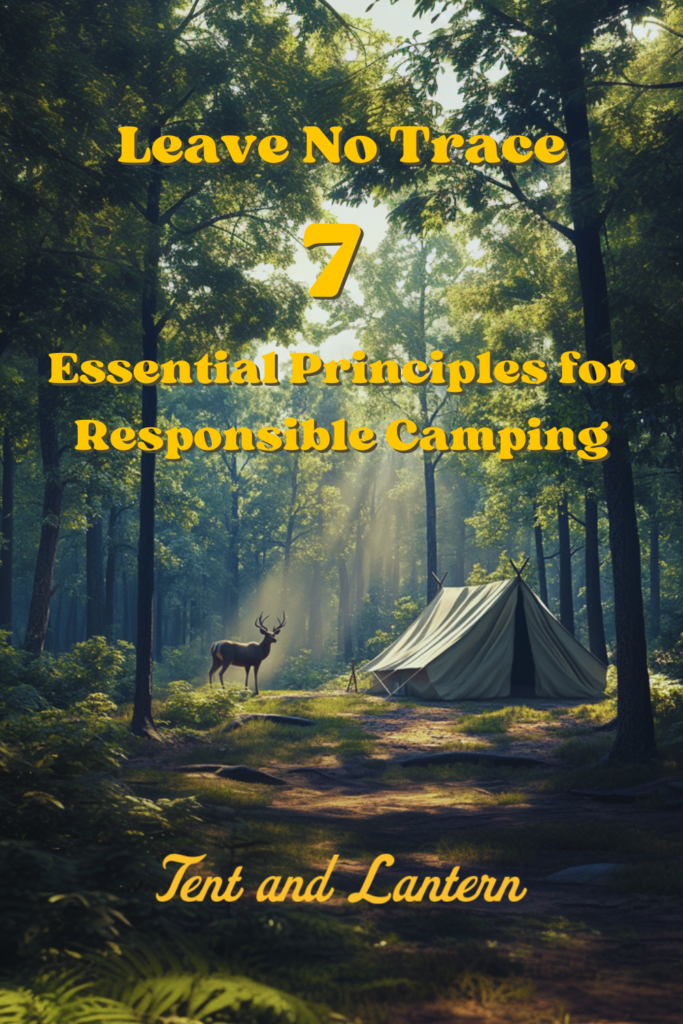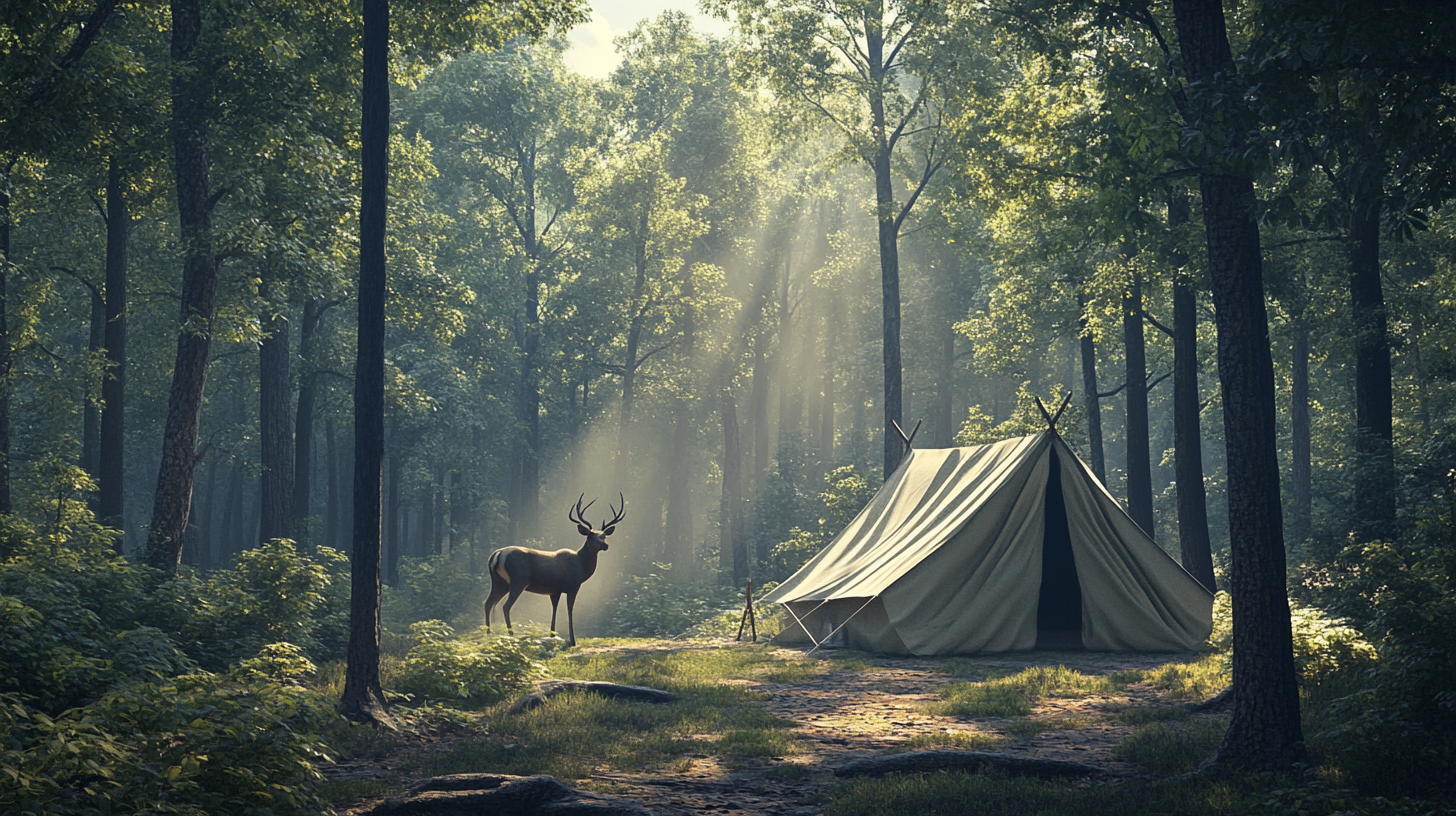Leave No Trace: 7 Essential Principles for Responsible Camping
Hello, fellow nature lovers! 🌿 As we embark on our outdoor adventures, it’s crucial to remember the impact we have on the environment. Whether it’s a summer escape or an autumn camping trip, practicing Leave No Trace (LNT) principles ensures we preserve the beauty and health of our natural spaces for future generations. Here’s a guide to the seven Leave No Trace principles and how you can incorporate them into your camping adventures.
1. Plan Ahead and Prepare
Planning ahead is the foundation of a successful and responsible camping trip. Before you set out, research your destination to understand the regulations and environmental concerns. Make sure you have the right gear for the season—pack fall camping essentials like warm layers, a sturdy tent, and appropriate footwear for potentially muddy trails. By being well-prepared, you can avoid damaging the environment and ensure a safe and enjoyable experience.
2. Travel and Camp on Durable Surfaces
When you’re choosing where to camp in November or any other time of the year, always select established campsites or areas with durable surfaces like gravel, rock, or dry grass. This minimizes your impact on delicate ecosystems. Stick to marked trails when hiking to prevent trail erosion and habitat destruction. Remember, the fewer traces we leave, the more natural these areas will remain.
3. Dispose of Waste Properly
Pack it in, pack it out—this simple mantra is key to Leave No Trace camping. Carry out all trash, leftover food, and litter. Use biodegradable soap at least 200 feet away from water sources when washing dishes or yourself. Properly dispose of human waste by digging a cat hole 6-8 inches deep and at least 200 feet from water, trails, and campsites. This ensures that we keep our natural spaces clean and safe for everyone.
4. Leave What You Find
Preserve the past and protect the future by leaving natural and cultural artifacts undisturbed. Don’t pick plants, move rocks, or take souvenirs from nature. If you come across historical structures or artifacts, admire them from a distance. Leaving what you find ensures that future campers can enjoy these treasures just as you have.
5. Minimize Campfire Impact
Campfires can cause lasting damage if not handled responsibly. Use a camp stove for cooking and consider a lantern for light instead of a campfire. If you do build a fire, use established fire rings, keep it small, and burn only small sticks from the ground that can be broken by hand. Always make sure the fire is completely extinguished before leaving. By minimizing campfire impact, we protect the landscape from fire scars and potential wildfires.
6. Respect Wildlife
Observe wildlife from a distance and never feed them. Feeding animals can alter their natural behaviors, making them more dependent on humans and less able to survive on their own. Store food and trash securely to avoid attracting animals to your campsite. Remember, we are visitors in their home, and respecting wildlife ensures their safety and well-being.
7. Be Considerate of Other Visitors
One of the joys of camping is the peace and tranquility of nature. Be mindful of other campers by keeping noise levels down, controlling pets, and yielding to others on the trail. Respecting other visitors’ experiences creates a harmonious environment where everyone can enjoy the beauty of the outdoors.
Practicing the Leave No Trace principles is a responsibility we all share as lovers of the great outdoors. By planning ahead, traveling on durable surfaces, disposing of waste properly, leaving natural treasures undisturbed, minimizing campfire impact, respecting wildlife, and being considerate of others, we can ensure that our favorite camping spots remain pristine and inviting for years to come. So, as you pack your gear and prepare for your next adventure, remember to Leave No Trace and cherish the natural world.
Do your part to care for nature and don’t forget to stay wild and wander often!
Did you find this article helpful?
Would you please help more people find my content and share it with a friend? Thank you!



